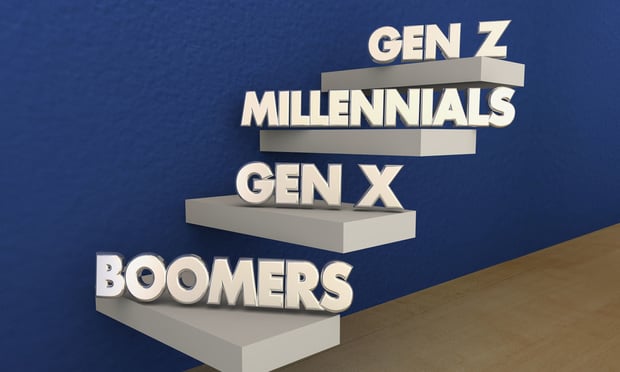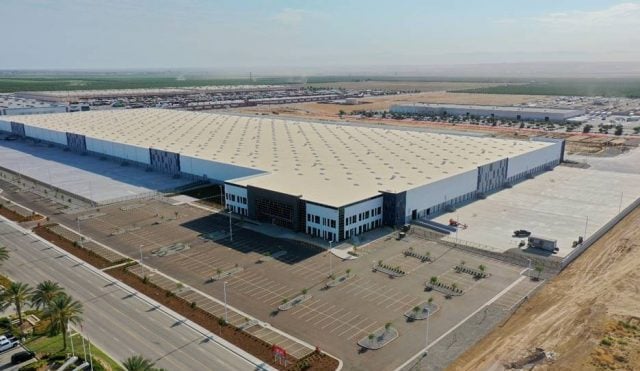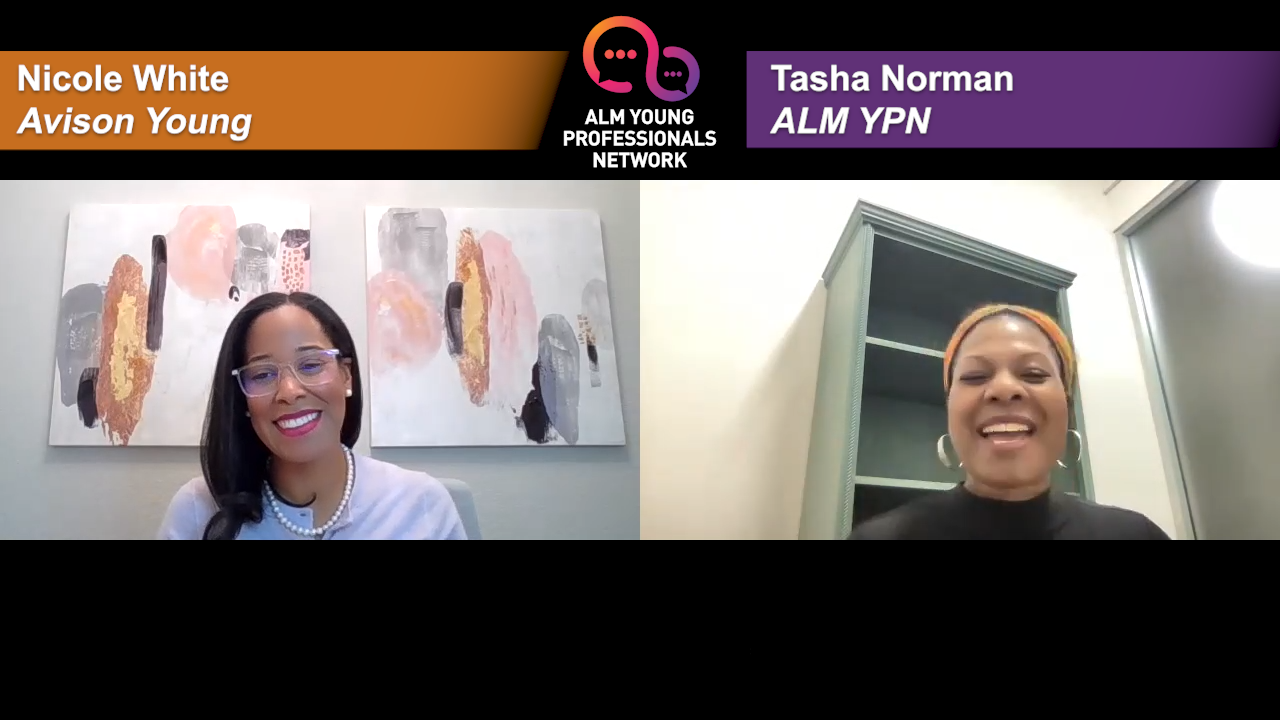ORLANDO—Last week, when CBRE unveiled its new office in Downtown Orlando's SunTrust Center, visitors noticed something peculiar: not a single assigned desk or office, not even for the local managing director. The 100% “free address” environment—where employees can choose a different desk on any given day—is one of the features of “Workplace360,” CBRE's workplace strategy initiative.
CBRE Orlando is among the first Workplace360 offices in the U.S—the firm's Los Angeles headquarters transitioned to Workplace360 last year—and one of about two dozen CBRE offices across the globe adopting the model this year. GlobeSt.com caught up with Orlando managing director Bill Moss to find out what inspired the change.
GlobeSt.com: What was the impetus for Workplace360?
Moss: CBRE decided to implement a new way of working in the United States after seeing how well this approach worked in our CBRE office in Amsterdam. Mobile technology, of course, is a huge driver. Research has shown that people spend less than 50% of their workday in the office, and when they are in the office, they want to be mobile, flexible and collaborate with others.
Technology is also driving many office users to adopt a paperless office, which enhances efficiency while promoting a greener environment. Health and wellness is also becoming integral to workplace strategy. Studies show that certain features that improve employee health both physically and mentally can help reduce absenteeism and increase productivity.
GlobeSt.com: So how does Workplace360 address issues like technology, collaboration and wellness?
Moss: Many of our professionals are on the go, relying on laptops or mobile technology, and want a plug-and-play kind of environment. In the new 100% free address office, employees have their choice of several different ways of working depending on their activity and needs including collaboration rooms, ergonomically designed sit/stand benches, or single-person focus rooms for when privacy is required.
Professionals and clients can also work and socialize in our light-filled lobby and “RISE Cafe,” the heart of the new office, which has a variety of lounge- and cafe-style seating. Finally, we're utilizing space better—the new office is about 25% smaller than its predecessor, and has 75% less file storage, moving us closer to a “paperless” environment.
GlobeSt.com: What can other office users learn from your experience?
Moss: As you can imagine, some of our professionals were quite skeptical when we first introduced the idea of eliminating assigned desks and private offices. Challenging the status quo is never easy, but when a commitment is made, it creates the opportunity for a vastly improved environment.
Based on hundreds of conversations with clients in the US and around the world, we believe that what we're doing here is transformative with respect to the way office space will be used in the future. And having gone through this process ourselves, we are able to provide better workplace insights to our clients, not only with respect to the space design itself, but with the employee change management process, which we know from experience is critical.
© Touchpoint Markets, All Rights Reserved. Request academic re-use from www.copyright.com. All other uses, submit a request to [email protected]. For more inforrmation visit Asset & Logo Licensing.






